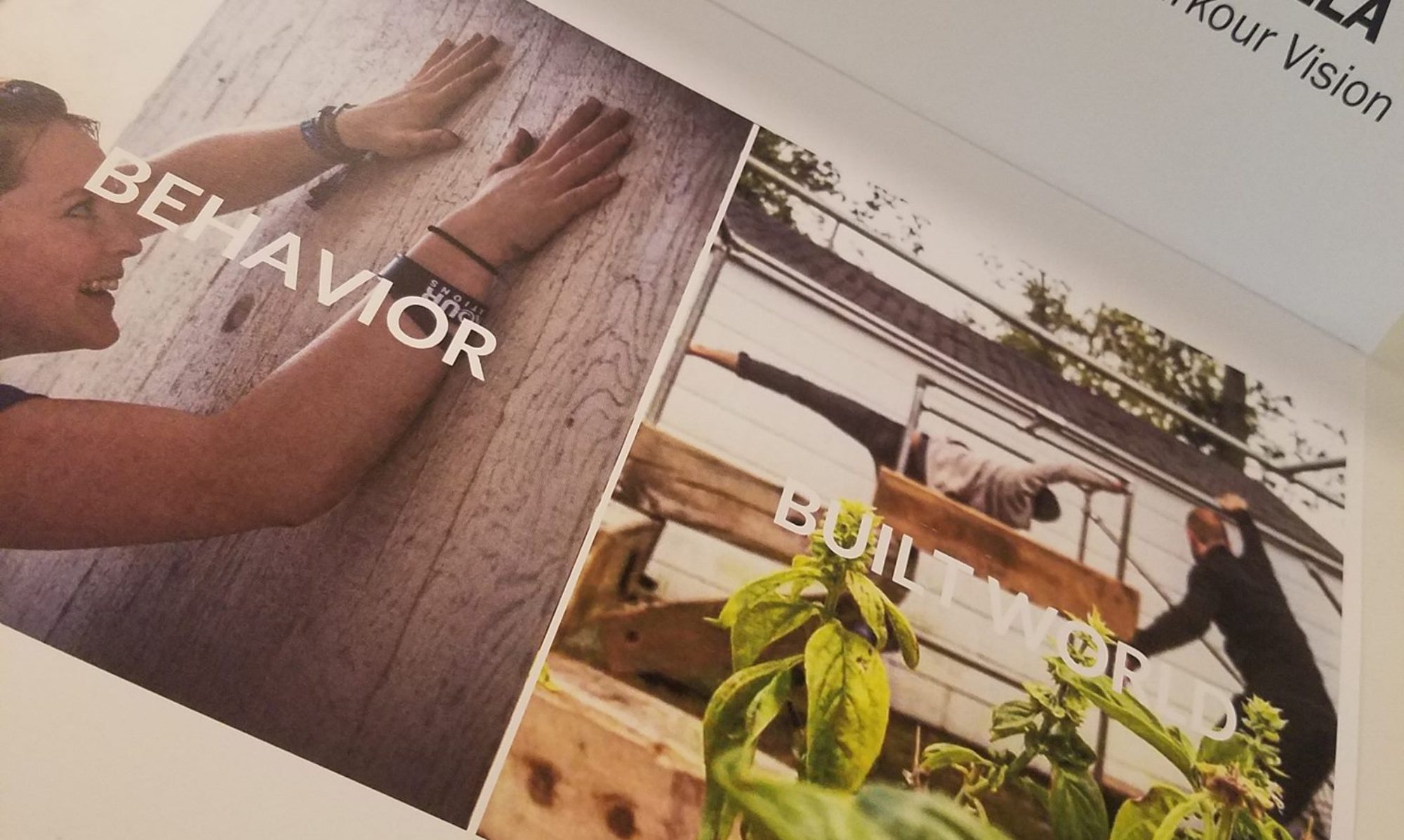When I first devised the Art of Retreat, I hoped not only to provide a much needed platform for educational exchange in the parkour community but also to help heal and forge bonds of friendship between leaders across the country. The push to get it going came out of a conversation with Adam McClellan and Andy Keller during American Rendezvous, who both expressed excitement at the idea of a space where coaches could come together to share best practices, and the initial support came from the Movement Creative and my two partners Nikkie and Jesse.
A lot was working against us that first year. As a brand new event, it was hard to get buy in– I remember telling people if they could get themselves out to New Jersey, I would take care of everything else–food, housing, local transportation. We didn’t have any dedicated funding so I personally boot-strapped the event, renting out four airbnbs within a few minutes walk of my familys shore house in a sleepy little town. I researched and invited people I thought were engage in interesting research or ‘doing it best’ when it came to business. I purchased food and snacks and prepped large meal plans (and planned to play chef). Above all, I spent weeks crafting the programme, spaces, and experience.
When the weekend finally arrived almost 60 people from all over the continent flew into Newark just as Hurricane Joaquin descended upon the Jersey shore. I feared for the worst, having planned so many of the activities to be outdoors but, being forced inside, that major storm actually helped create an intimate, cozy, and community-growing experience.
The talks were hosted around kitchen tables, in living rooms and bedrooms. Hammocks were hung from rafters as people piled into the main house, pop-up playgrounds were built and rebuilt in the yard, fires were made in the garage. The step vault pledge was declared, there were lively debates around kitchen and coffee tables, people were thrown from the deck, strummed guitars, and danced in the rain.
The weekend was chaotic– and it was alive.
I look back to this first year as one of my absolute favorite versions of this event. Maybe it was the moody weather forcing us all to confront one another and connect, maybe it was the co-creative attitude people brought to the spaces they held, or maybe it was simply realizing that so many incredible things can be created when we find ways to come together and play.







